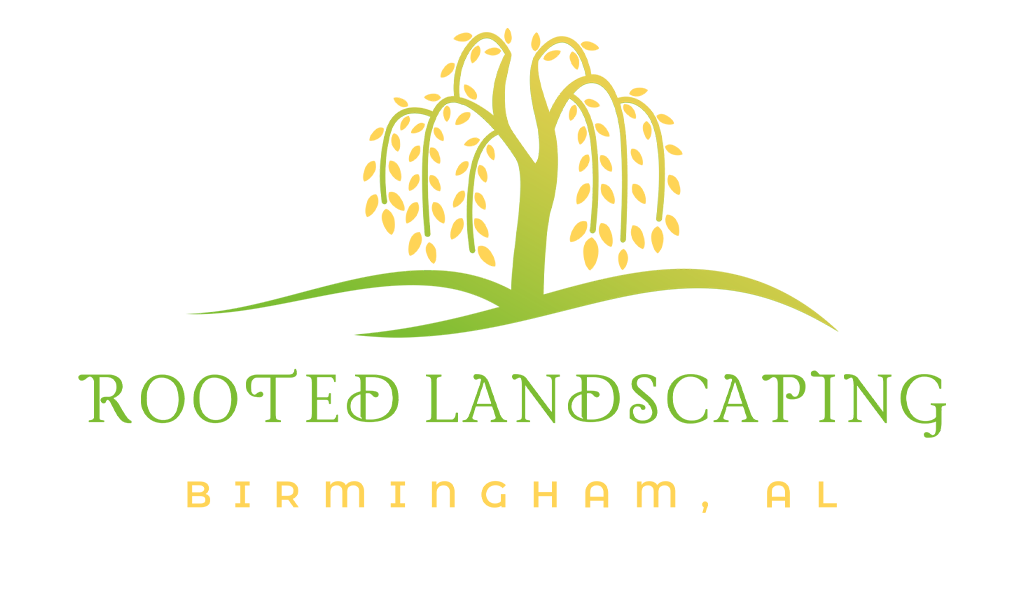Creating a Sustainable Landscape in Vestavia Hills, AL
In recent years, the importance of sustainability and environmental stewardship has become increasingly evident. One area where individuals and communities can make a significant impact is in creating sustainable landscapes. Vestavia Hills, AL, with its stunning natural beauty and rich biodiversity, provides the perfect backdrop for implementing sustainable landscaping practices. By incorporating eco-friendly design elements and practices into our outdoor spaces, we can not only enhance the beauty of our surroundings but also contribute to the health of the environment.
One of the key principles of sustainable landscaping is water conservation. In Vestavia Hills, where water resources can be limited, it is crucial to design landscapes that are water-efficient. This can be achieved through the use of drought-tolerant plants, rainwater harvesting systems, and efficient irrigation methods. By reducing water usage in our landscapes, we can help preserve this valuable resource for future generations.
Another important aspect of sustainable landscaping is the use of native plants. Native plants are well-adapted to the local climate and soil conditions, requiring less water, fertilizer, and maintenance than non-native species. By incorporating native plants into our landscapes, we can create habitats for local wildlife, promote biodiversity, and reduce the need for chemical inputs.
In addition to plant selection, the hardscape elements of a landscape also play a role in sustainability. Choosing permeable paving materials, such as gravel or permeable pavers, can help reduce stormwater runoff and prevent erosion. Incorporating outdoor living spaces, such as patios and decks, made from sustainable materials like recycled wood or composite decking, can also contribute to a more eco-friendly landscape.
Composting is another sustainable practice that can benefit both the environment and your landscape. By composting organic waste, such as kitchen scraps and yard trimmings, you can create nutrient-rich soil amendments for your garden beds and reduce the amount of waste sent to landfills. Composting is a simple yet effective way to close the loop on organic matter and promote healthy soil biology.
Lastly, maintaining a sustainable landscape in Vestavia Hills requires ongoing care and attention. Regular maintenance tasks, such as mulching, weeding, and pruning, can help keep your landscape healthy and thriving. By staying proactive in your landscape management, you can prevent issues such as invasive plant species, pest infestations, and nutrient depletion.
In conclusion, creating a sustainable landscape in Vestavia Hills is not only beneficial for the environment but also for our own well-being. By implementing water-saving techniques, using native plants, choosing eco-friendly hardscape materials, composting organic waste, and practicing good maintenance habits, we can create beautiful and resilient outdoor spaces that support the local ecosystem. Together, we can make a positive impact on the environment and create a more sustainable future for Vestavia Hills and beyond.


